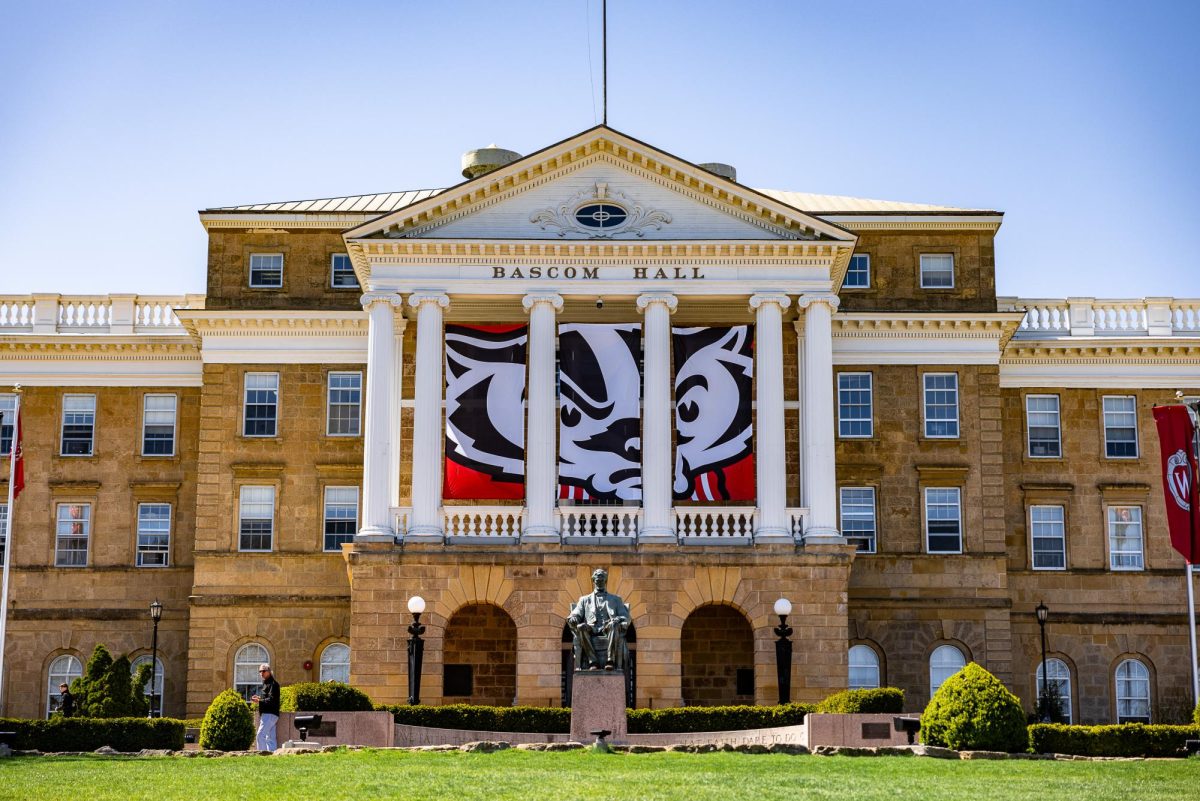
At a committee meeting aimed to increase employment for graduates, members of the Legislature and higher education groups recommended expanding the number of degree programs in the University of Wisconsin System and getting more students to apply to college directly after high school.
The main focus of the Joint Committee on Colleges and Universities hearing Tuesday was ensuring jobs for graduates, increasing the number of graduates and emphasizing the importance of student aid in higher education.
Bruce Vandal, director of the Post-Secondary and Workforce Development Institute, presented data at the hearing collected by the Education Commission of the State and the National Center for Higher Education and Management Systems. The data included statistics about Wisconsin’s rank on the national level concerning graduation rates, degree holders and demographic trends in post-secondary education.
Wisconsin is average compared to other states when it comes to the number of associate or higher degrees it awards during a given year, Vandal said. While Wisconsin is well above the national average in number of high school seniors who graduate, he said only 59 percent of those students go directly to post-secondary education, which is below the national average.
Vandal said immediate enrollment into higher education dramatically improves a student’s potential to get a job.
“If students are not enrolling directly to post-secondary education right now, there is a long-term cost. Higher education is not going to be any cheaper,” Vandal said.
Vandal highlighted several strategies intended to increase access to post-secondary education, including reducing the time and number of credits it takes to earn a degree.
Sen. Sheila Harsdorf, R-River Falls, said while national comparisons are important, the real focus should be on where Wisconsin is on the global scale.
“Comparing ourselves to ourselves is not really getting us where we need to go,” Harsdorf said.
Vandal also said the global viewpoint is important.
He said that compared to other industrialized nations, the college attainment rate in Wisconsin, as well as the U.S., is falling behind.
“If we are going to compete in a global economy, we need a well-educated workforce,” Vandal said.
Staying competitive was not the only area the committee said Wisconsin could improve upon.
Kevin Reilly, president of the UW System, said the UW System intends to put together a statewide plan to create more degrees at state institutions in order to ensure more job opportunities after graduation. This includes moving specific degree programs to campuses where they may be more effective.
“The UW has stepped up, and we are not just talking about this – we are aimed at it, and we know in each case whether we’re on the right trajectory,” Reilly said.
Rolf Wegenke, president and CEO of the Wisconsin Association of Independent Colleges and Universities, said there are immediate skills shortages that need to be addressed regarding the job search.
Employers say their top priorities in graduates include communication, critical thinking and creative and innovative skills, rather than specific ones.
“There have to be educational opportunities for us to achieve these goals for those who don’t have opportunities now,” Wegenke said.
Sen. Jessica King, D-Oshkosh, also said the requirements for jobs are changing. King said some degrees held by Wisconsinites today may not be worth what the used to be.
“We may need to reevaluate what kind of jobs we are trying to create,” King said.
Harsdorf said no matter what type of higher education institute a student attends, the goal is employment.
“We could literally double the number of graduates, but we don’t have the jobs here. We haven’t done what we needed to do,” Harsdorf said.

















